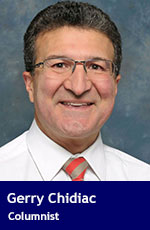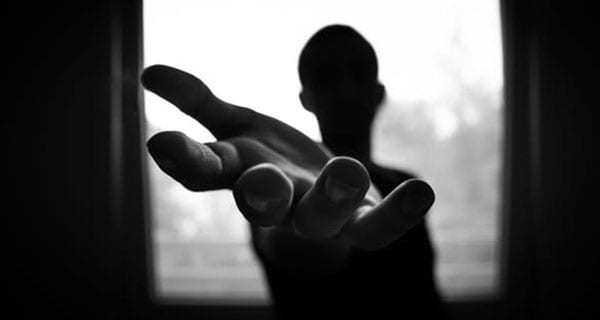 It’s no secret that there’s tremendous pain in the world. What we’re not often aware of is the source of this pain. Not knowing where it’s from, we give into fear and actually make the problem worse.
It’s no secret that there’s tremendous pain in the world. What we’re not often aware of is the source of this pain. Not knowing where it’s from, we give into fear and actually make the problem worse.
Canadian physician Gabor Mate has devoted his career to understanding why people do terrible things to themselves and to other people. He spent 12 years working with those who were severely addicted to drugs on the lower east side of Vancouver, and has written and spoken extensively on this topic.
By looking on these people with empathy, Mate came to the realization that they’re really no different than anyone else. The reason they allow addictions to take control of their lives is because the drugs provide a temporary escape from pain. These are people who have experienced horrendous trauma, even inter-generational trauma.
So Mate doesn’t ask: “Why the addiction?”
Instead, he asks: “Why the pain.”
With this empathic perspective, he’s able to look at his life and his addictions. Why did he become a workaholic and a compulsive shopper? He was trying to cover the pain and trauma of his own childhood. As a Jewish baby born in Hungary during the Second World War, he experienced the trauma of losing family members, and the fear and deprivation of life in the Budapest ghetto. Even though he may not remember, the trauma impacted him deeply.
Working and shopping somehow temporarily fulfilled his needs for being wanted and loved, and it wasn’t until fairly late in life that he realized this.
Mate also notes how our society tends to judge people with drug addictions harshly, yet actually rewards other dysfunctional behaviours. In a Ted Talk, he spoke of the power of addiction and the addiction of power. In a recent interview with British comedian Russell Brand, he expanded on this idea, noting how our traumatized world tends to choose traumatized people as leaders.
Through his world view, Mate sees the impact of years of colonization, war and genocide. Many of us live with trauma and don’t even know it. This results in dysfunctional behaviours that cause these wounds to perpetuate into the next generation and so the cycle continues.
However, there is a way out.
The remedy is the same as that spoken by great leaders like Gandhi and the Dalai Lama. We can heal ourselves and, in doing, so we can heal our world. Mate notes that this journey is different for everyone but stresses the importance of being open to practices outside the scope of modern medicine.
In my work as a high school teacher, I can see the value of this. I’ve invested a great deal of time and energy into my personal and spiritual well-being, learning to meditate and be aware of trauma in my life.
Healing my pain has made me a more empathic teacher. I’m better able to see the good in my students, treat them with kindness and hopefully draw out their potential to do good in our world. I’m also tremendously grateful for the access to supports for these children that our school system provides.
We need only turn on the television news to see the deep impact of pain on our hurting world. Our efforts to stop crime and violence through aggression and punishment have never worked, and it will only serve to deepen the wounds.
Compassion works. Through thousands of years of human history, nothing has served us better.
We are all connected and as each of us finds peace, we bring healing and hope to our broken world.
Troy Media columnist Gerry Chidiac is an award-winning high school teacher specializing in languages, genocide studies and work with at-risk students.
The views, opinions and positions expressed by columnists and contributors are the author’s alone. They do not inherently or expressly reflect the views, opinions and/or positions of our publication.

